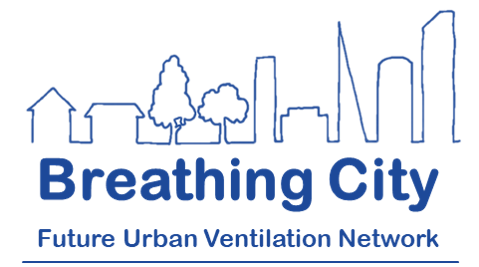New software – the Green Infrastructure for Roadside Air Quality or ‘GI4RAQ’ Platform – has been designed by researchers from our partner network, Transition, along with experts in the University of Birmingham’s Institute of Forest Research (BIFoR) and School of Geography, Earth and Environmental Sciences, in partnership with practitioner organisations, including: Transport for London, Greater London Authority and Birmingham City Council.
Free to use and open-source, the software enables practitioners to estimate the changes in pollutant concentrations (throughout the cross-section of a street) resulting from different planting schemes. It focusses on key pollutants from road transport: NO2 (nitrogen dioxide) and PM2.5 (fine particulate matter). Its calculations draw on wind data from monitoring stations across the UK, and determine how background wind conditions interact with the local urban form and planting specified by the user.
Street planting, or ‘green infrastructure’, is an essential part of the urban realm, but there is a misconception that plants remove or ‘soak up’ a lot of pollution. Instead, planting at this scale primarily serves to redistribute pollution by changing air currents within streets and beside open roads. Because of this, not only the position and amount of planting within a street, but also the layout and orientation of that street, are critical to its impacts on local air quality.
More information can be found here


